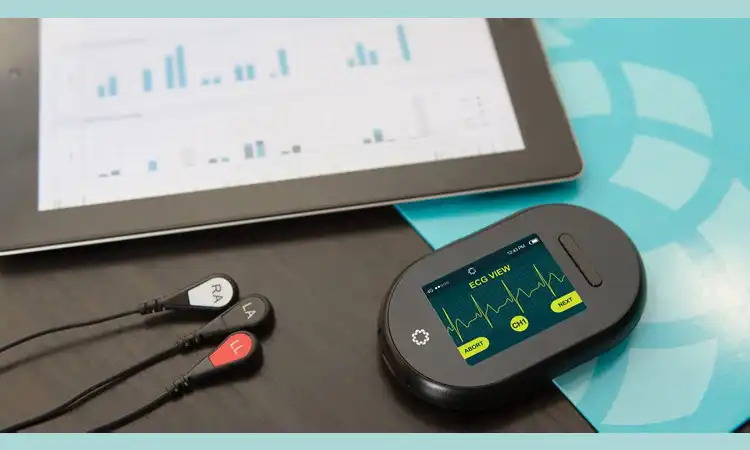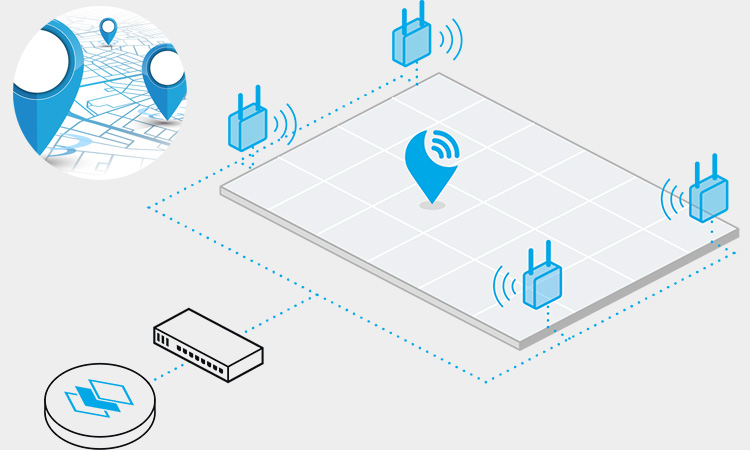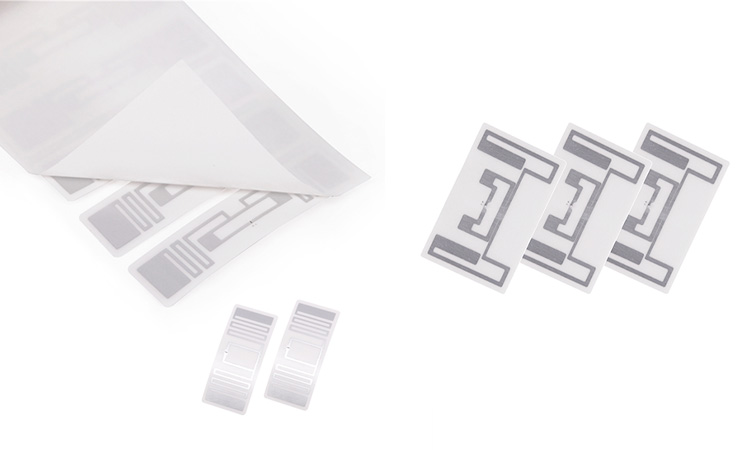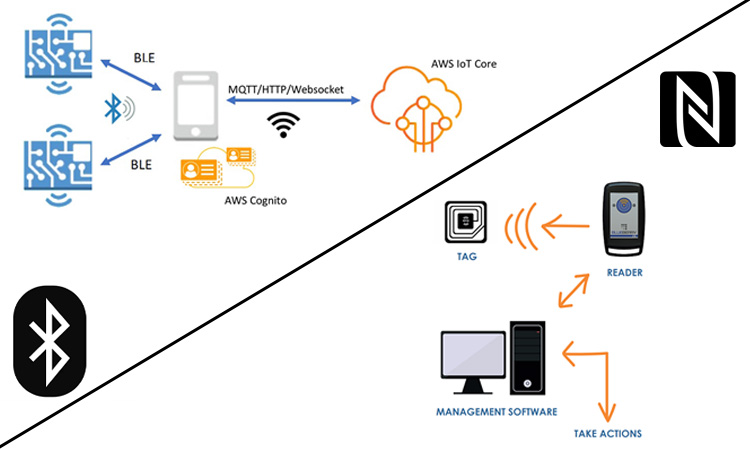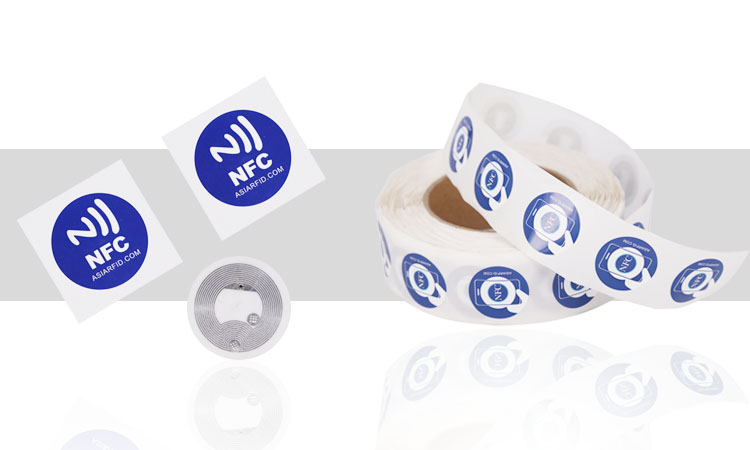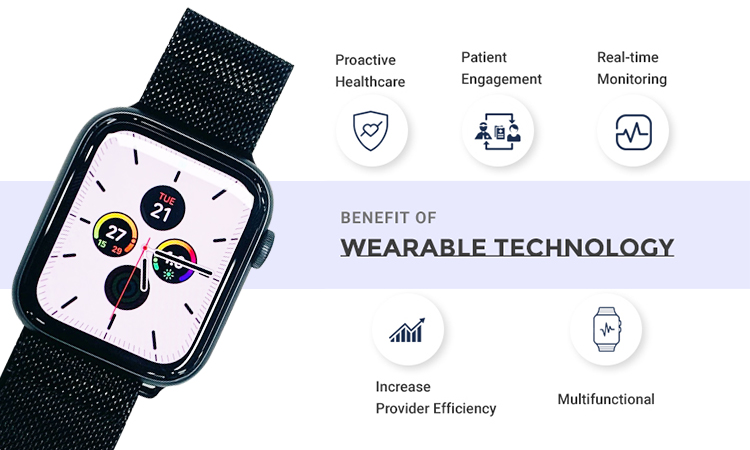Telemetry certification is a requirement for nurses working in critical care. The certification shows that you’ve received the training and education necessary to properly monitor and treat patients who are at risk for cardiac failure. Telemetry Nurses need to be able to communicate with physicians about what they see on the monitors and how it relates to medical practice and research. Nurses are also expected to have a certain level of technical knowledge about their equipment and how it works in conjunction with other types of technology used in healthcare settings, such as electronic medical records systems or computerized physician order entry systems (CPOE).
What Does Telemetry Certification Mean?
As a nurse, you’ve likely heard of the importance of telemetry certifications. It’s an exciting time for nurses in the field—they’re getting recognized for their expertise and are given more responsibility than ever before.
You may wonder what it means to be certified as a telemetry nurse. It means your peers have judged you competent enough to handle the most critical care situations. In other words, when you are certified as a telemetry nurse, you have proven that you have all the knowledge needed to work in critical care settings.
The telemetry certification process is highly competitive because it requires knowledge in several different areas: cardiac monitoring and blood pressure monitoring; oxygen saturation monitoring; understanding how these devices work together; and knowing how to interpret patient data using algorithms.
Why Should a Telemetry Nurse be Certified in Telemetry?
If you want to advance your career and earn more money, it’s time to get certified. In order to do so, however, you must first understand what telemetry certification entails and what benefits it provides.
Telemetry is the process of monitoring and recording patient data remotely, which allows healthcare providers access to real-time information about their patient’s health status. Telemetry is also used in many industries outside of healthcare. As technology evolves, more enterprises are also integrating telemetry into their operations.
A telemetry certification is a credential that indicates that a person has met specific requirements for education, training, and experience in the field of telemetry. The certification may also suggest that an individual has passed an exam or other assessment test demonstrating knowledge of a particular area of expertise related to telemetry practice.
The first thing to understand about telemetry certification is that it’s not a single process. Instead, there are different certifications available through various organizations and associations. For example, you can become certified through the National Telemetry Association and the American Association of Critical-Care Nurses or receive specific credentials through Cardiovascular Credentialing International (CCI).
It’s important to know which organization issues your credential because each one has its own requirements for certification. For example, CCI requires nurses to have at least one year of experience working in critical care before taking their exams. In contrast, NTA requires nurses to have at least six months of experience working in critical care before taking their exams.
The benefits of telemetry certification are numerous, including:
1) Increased job security: Telemetry certifications help you stand out from other workers who have not received this certification. They also make you more valuable because they show employers that you have certain skills and abilities that others don’t have. This means that even if there’s an economic downturn or other crisis, telemetry-certified employees will still be sought after because they have specific skills that others do not possess.
2)More lucrative paychecks: Many employers recognize the value of telemetry certifications by paying their employees who hold these qualifications more than those who don’t have them. This is especially true in fields with few employees with this type of training or experience; companies need people with these skills to stay competitive in their industries, so they’re willing to pay more for them.
3) More opportunities for advancement: Telemetry certification can also help you advance in your career by giving you access to positions that may have been previously unavailable to you due to a lack of experience or education requirements. For example, suppose a company hires an employee with telemetry certification and previous experience working with equipment similar to what they need him/her to operate at their facility. In that case, they may be able to skip over other applicants who lack those qualifications while still getting someone who could perform well on the job right away!
4) Increased efficiency: Telemetry-certified employees can get the job done faster and more efficiently than those who aren’t certified because they know how to use the equipment correctly without wasting time on trial-and-error attempts at getting it right.
Requirements to Become a Telemetry Nurse
If you want to be a telemetry nurse, you must get certified. It’s as simple as that.
The truth is that there are no easy answers when it comes to certifying your skills as a telemetry nurse. You can become certified through the National Telemetry Association, American Association of Critical-Care Nurses, or Cardiovascular Credentialing International—but each option has pros and cons. Your employer will be able to help you figure out which one is best for your situation, but here’s what we know about them:
- National Telemetry Association: NTA is a nonprofit organization that promotes and maintains high standards of nursing professionals in the field of telemetry. Through their certification program, which has been available since 2011, NTA offers a way for nurses to demonstrate their knowledge in this rapidly-shifting field. The online exam is 303 questions long and takes 3 hours to complete. It covers various topics, including anatomy, physiology, and telemetry. To earn their certification through NTA, nurses who take the exam must pass with an 80% score or better.
- American Association of Critical-Care Nurses: The AACN is one of the world’s oldest and most respected nursing associations. It was founded in 1969 and has grown to encompass 15 unique specialty certifications in adult care, pediatrics, geriatrics, and neonatal.
- Cardiovascular Credentialing International: CCI is a great place to get certified as a telemetry nurse. They offer two certifications relevant to the telemetry nurses field: the certified cardiographic technician assessment (CCT) and the certified rhythm analysis technician (CRAT). CCT is for people who work in cardiac laboratories and need to know how to operate equipment such as electrocardiograms and echocardiograms. This certification shows that you have mastered the basics of these machines, including how they work, how they’re used in different settings, and how they can be maintained or repaired.
- Cardiovascular Medical Care: CMC certification is designed to help nurses provide acute care for cardiac patients in many settings, including medical intensive care units (ICUs), heart failure clinics, telemetry units, and more. To be eligible for the CMC exam, you must have an unencumbered RN license and at least 1,000 hours of experience providing acute care in any setting.
- The Certified Clinical Telemetry Nurse Exam: CCT is designed to ensure that telemetry nurses know how to treat their patients in a way that ensures their safety and well-being. The exam tests candidates on their understanding of basic ECG functions, such as 12-lead and 15-lead ECGs, stress tests, and Holter monitoring. It evaluates how they use these tools and what results they expect from each tool.
- Cardiac Rhythm Analysis Technology: CRAT certification exam is designed to test the skills of nurses in cardiac rhythm interpretation. It tests a nurse’s ability to recognize and identify all the irregularities in cardiac rhythms, including standard ECG components, atrial rhythm, junctional rhythm, and asystole. It also tests their skill in patient care and the proper usage of technology.
Telemetry certification is essential for RNs working in critical care. Nurses with no telemetry certification may be susceptible to legal action resulting from malpractice cases and disciplinary action from their respective nursing boards. It also demonstrates to patients, physicians, and other healthcare industry members that Telemetry nurses are held to a higher standard than non-telemetry certified staff. It shows dedication, technical expertise, and confidence. Earning accreditation can be the first step in achieving that goal.
About Telemetry Certification FAQs
-
What is Telemetry Certification, and what does it involve?
Telemetry Certification is a specialized qualification that validates an individual’s proficiency in telemetry monitoring within a medical environment. The certification process requires an examination that evaluates one’s understanding and abilities in telemetry monitoring, cardiac rhythm interpretation, and patient care. Additionally, it may necessitate a certain amount of work experience and training.
-
Why is Telemetry Certification important in the medical field?
Telemetry Certification holds significance in the medical field as it ensures that healthcare professionals possess the required knowledge and skills to monitor and interpret cardiac rhythms in patients effectively. This contributes to patient safety and improved outcomes. In some cases, Telemetry Certification may be mandatory for certain medical roles.
-
How long does it take to get Telemetry Certification?
The duration for obtaining Telemetry Certification varies based on an individual’s preparedness and the certifying organization’s stipulations. Some candidates may complete the process within weeks or months, while others may take longer.
-
How much does it cost to get Telemetry Certification?
The cost of obtaining Telemetry Certification varies depending on the certifying organization and the specific certification program. Costs typically include an application fee, training program or course fees, and exam fees.
-
How does Telemetry Certification differ from other medical certifications?
Telemetry Certification differs from other medical certifications as it focuses on telemetry monitoring and cardiac rhythm interpretation, while other certifications may target different aspects of medical practice. Telemetry Certification indicates expertise in a niche area, whereas other medical certifications might be broader in scope.
-
What is the process for renewing your Telemetry Certification?
Renewing Telemetry Certification involves completing a certain amount of continuing education credits, demonstrating ongoing competency in telemetry monitoring, and paying a renewal fee. Some certifying organizations may also require individuals to retake the certification exam to renew their certification.


